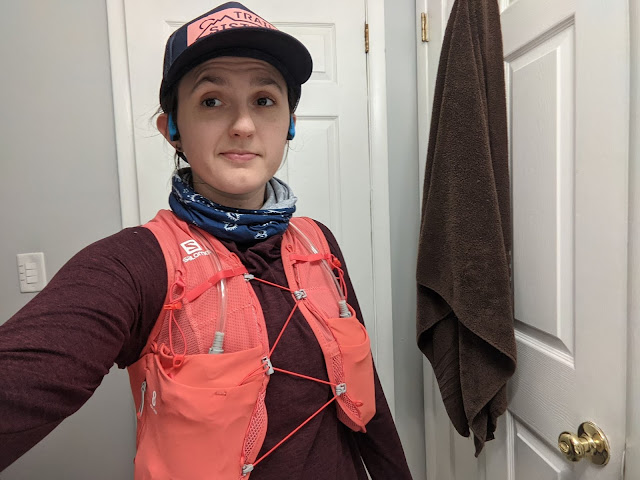Learn to talk about your feelings and stop giving blue such a hard time
As the coronavirus pandemic has ravaged Americans health and jobs, I've found myself feeling, frankly, depressed and anxious. My husband was furloughed and I had to take a pay cut and some furlough.
I feel out of control of my job situation because I am. Control is an illusion. I have little power over what my company decides I should be paid. I don't know if or how much more my pay will be cut or if I'll still have a job in six months. I don't know if my husband will have a job after all this.
These facts have always been true, but the pandemic has forced me to actually think about the future. It's scary.
We'll be fine. Even though I believe we'll likely still be able to pay our bills, it's what's beyond the bills--our way of life--that worries me. Is our way of life sustainable? How can we be truly self-sufficient and not paycheck sufficient? I don't want to live paycheck to paycheck anymore.
A few weeks into all this, I made a post on Facebook about "feeling blue." Why couldn't I just say "the future seems uncertain and that makes me feel depressed and anxious"?
Why do we use these terms to lessen or soften how we're feeling? Does talking frankly about our feelings make other people uncomfortable?
I find there's so much shame surrounding our feelings and our mental health. The usual response is "Don't think too much about it, Anna. You know everything will work out. You've got people who care about you." (All these things are true).
The opposite is a dizzying downward spiral into going nowhere really fast. "What if I lose my job? How will we pay our bills? What if I can't get unemployment? What if the state runs out of unemployment? Will we be evicted? Where will we move to? Will we lose our cars? What job will I work? Is there even a job available for me? What if the food supply runs out? Will we starve? I don't own any land and don't know how to grow a single thing."
These are all real, very valid questions. You've probably asked them, too. You're not alone in your uncertainty about the future. It's OK to feel overwhelmed, depressed or anxious during this time.
Depression is not a rare condition or experience. It's something more than 264 million people around the world have experienced, according to the World Health Organization. Anxiety is even more common, with about 1 in 13 people worldwide experiencing it, WHO says.
I've fought my own battles with it. I cope through running and music. It's been effective for me. Many people also need medication to cope.
What does any of this have to do with blue?
Blue is beautiful. It's the color of the clear Alabama sky. The color of the warm, welcoming ocean. The color of blueberries. Some people's eyes are blue. Blue is the color of flowers, of butterflies, of fish. Most folks' favorite jeans are blue.
I like blue. It's a flattering color on me and lots of other people.
"Feeling blue" just doesn't sound right.
Feeling depressed or anxious doesn't make me think of the color of the ocean and the clear blue sky. It feels like being trapped in an invisible bubble that limits your ability to think, speak, feel or interact with other people. It's like wanting to do things you love but being unable to break out of that bubble to do so.
It feels powerless. It feels suffocating. It feels like a big, heavy, gray cloud of smog. It feels like I'm out of my body. That doesn't feel very "blue" to me.
So, next time you're feeling anxious, depressed, sad or overwhelmed, take a few moments to center yourself. Look around and find five things that make you happy. It can be people, animals or objects.
Consider what you're physically or emotionally experiencing. Try the HALT method. HALT stands for "Hungry, Angry, Lonely and Tired."
Our thoughts often spiral when we're experiencing one or a combination of those things. If you are hungry, angry, loney or tired when your thoughts are making you uncomfortable, try to step away until you meet those needs Read a book or watch something online.
Once you are no longer hungry, angry, lonely or tired, then you can return to those thoughts.
Most of all, remember that the endless spiral doesn't do anything to fix those worries. Talk to your family and close friends about your concerns. Have honest discussions about the future. The future can be scary and uncomfortable, but discussing the future with people you love can help to ease the burden you carry.
Many of us walk around with an invisible barbell on our shoulders. Invite a friend to help you share the weight. You don't have to carry the weight of life alone.
If you can afford it, consider finding a therapist. They can help you manage your thoughts in a healthy way.
Here's to 2020, to being honest about how we feel and to managing those scary feelings in a healthy way. Let's stop giving blue such a hard time.
If you are in distress and need help, call the SAMHSA National Hotline at 1-800-662-4375.




Comments
Post a Comment